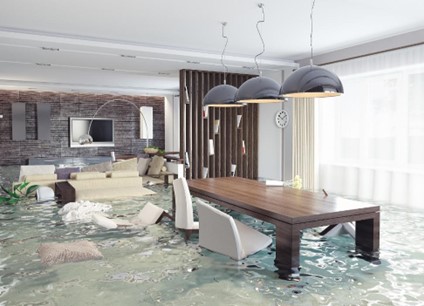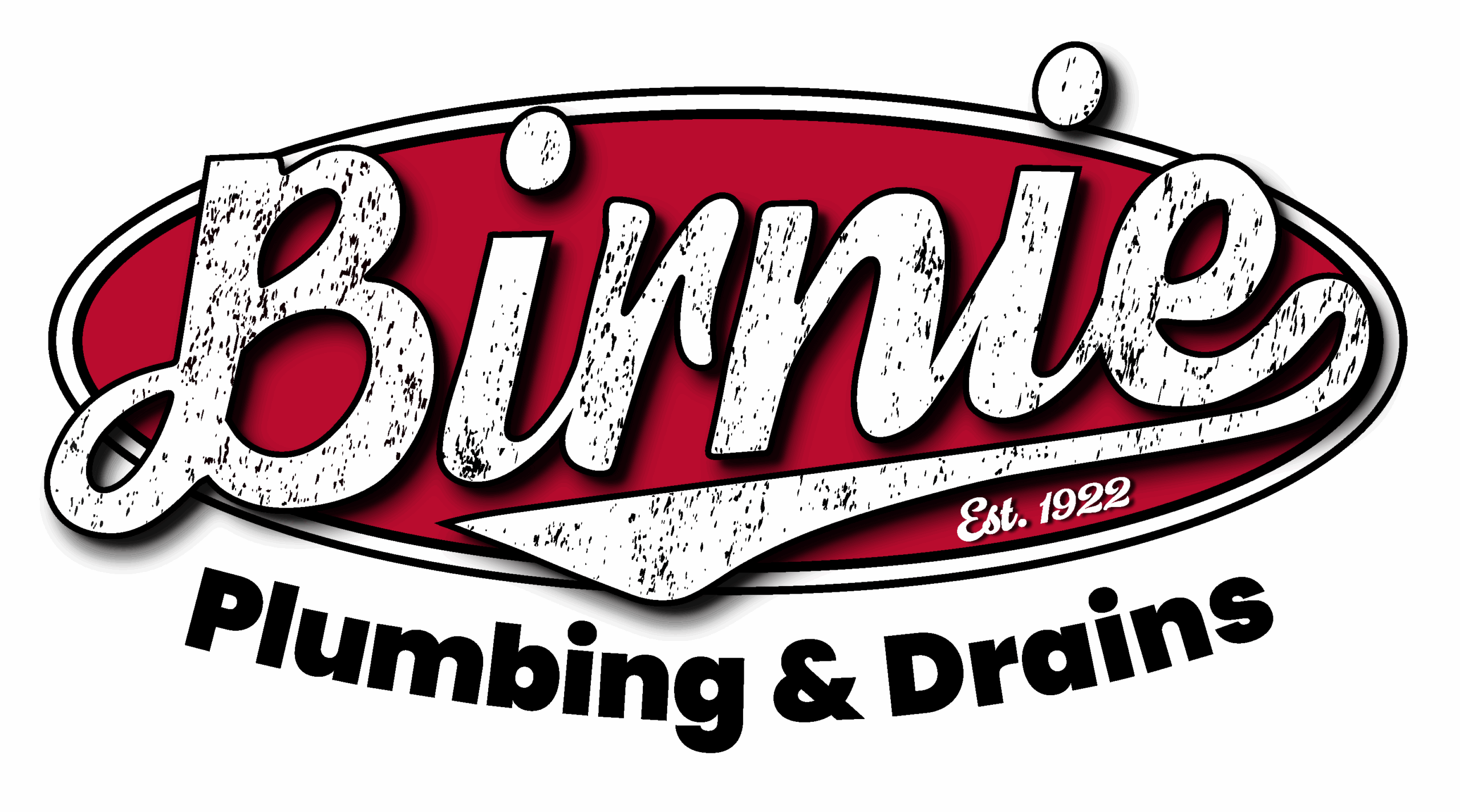6 Simple Tips to Avoid Costly Plumbing Emergencies

The best way to avoid plumbing emergencies is by sticking to a few basic rules. Most costly plumbing repairs can be avoided entirely if you simply do some things, such as winterizing your pipes, and avoid doing other things, such as washing food leftovers down the sink. Read on to learn six simple things you can do (or not do) to avoid plumbing emergencies.
Set Up a Plumbing Inspection Before Buying a Home in Hamilton
Buying property is a significant investment, and plumbing tops the list of all the things that can go wrong. Among the many things that can go wrong with the plumbing in your new home, rusty and broken pipes, as well as tree roots in the sewer line, are some of the most common issues. These are all things that you can’t discover on your own until it’s too late and you have a flood in the basement because of a burst pipe. Plumbers, on the other hand, have equipment, including a plumbing camera, which we use to inspect the plumbing, identify these issues and fix them before they cause a disaster. If your mind is set on a home, having the plumbing inspected as soon as you can is a smart idea.
Don’t Clog Your Drains
Clogged pipes and drains cause the vast majority of plumbing emergencies. Leaky joints, burst pipes, flooding, backed-up sewage, and a whole lot more are a direct result of people washing down things they shouldn’t down the drain or flushing them down the toilet. Food leftovers and organic materials, as well as oil and cooking grease, should go in the trash, not in the sink. Some people will go so far as to throw cat litter and paper bags down the toilet. Eventually, all of this will build up, clog your pipes, and either cause them to burst or to back up and when that happens, you’ll literally have to pay the piper.
Replace Leaky Pipes on Time
If there’s a leak in one of your pipes, no matter how minor it may seem in the beginning, you need to replace that pipe as soon as possible. Leaks most often occur at the joint of a pipe where it’s sealed and caulked, but water can break through that sealing over time and cause a flood. The safest way to go about this is to replace the piping that’s leaking entirely, and it’s better to do it sooner rather than later.
Shut Off the Water If Needed
In case you suspect that there’s a leak or a different kind of plumbing emergency, know that there’s a shut-off valve for your home’s water supply that you can use to simply shut the water off. If you don’t know where the valve is, ask your plumber. In case there’s an emergency, such as a burst pipe causing a flood, you need to shut off that valve immediately. This will stop the flooding and thus minimize the damage to your home. In case you don’t know where the valve is and you call a plumber because there’s a flood in your home, the first thing they’ll do is find that valve and shut it off!
Clean Your Water Heater
Many people don’t know that sediment can build up in your water heater and that you should clean it once a year. If you have a yearly plumbing inspection, your plumber will most likely do this for you, but you can also do it on your own. The sediment builds up on the bottom of the water heater and makes your water heater inefficient, so it needs more electricity or gas to heat the same amount of water it’d heat up if it were working correctly. On top of hurting your wallet, sediment buildup can block various valves and cause extensive damage to the water heater.
Before you clean your water heater, though, make sure to inform yourself of the proper way to do it. There are a lot of safety considerations you have to keep in mind, and if you’re afraid of doing it on your own, have a plumber do it for you.
Prepare Your Pipes for the Winter
There are a lot of things that can go wrong if you don’t winterize your pipes, but we’ll stick to the most common issues. First of all, your pipes may crack. If there’s water left in the pipes, it will freeze when the temperature drops below zero. When water freezes, it expands and becomes ice, and that ice can certainly tear pipes open! Once winter passes and you open the valve again, letting water in the pipes, it will leak. Aside from pipes, another winter-related danger is damaged valves, which are also susceptible to ice damage.
Facing a plumbing emergency? Don’t panic! At Birnie Plumbing & Drains, we’re available 24/7 to tackle any plumbing crisis swiftly. With our expert team and GPS technology, we ensure a rapid response to get your systems running smoothly again. Contact us now for immediate, reliable service you can trust.

